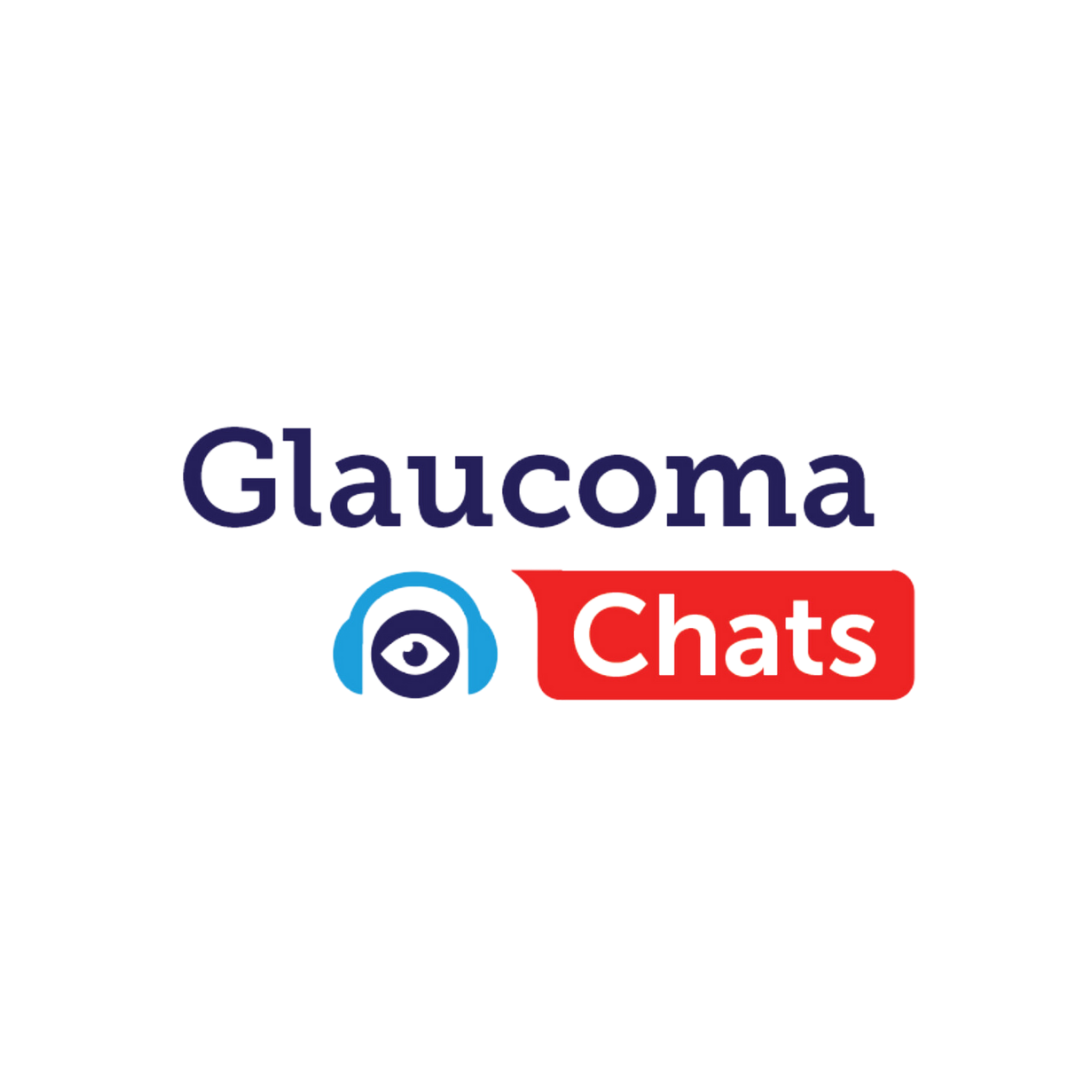Caring for Someone With Glaucoma
If your loved one has glaucoma, you can help them adjust to the challenges of low vision. It’s also important to take care of yourself as a caregiver. You are not alone; continue reading for more information.

Becoming a Caregiver
If you have a friend or family member with glaucoma, there are resources available to learn more about the disease and how to provide supportive, caring, and practical help. Although it may be difficult for your loved one to ask for assistance, it’s important to communicate openly and clearly. Encourage them to be specific about what you can do to help.
Ways to Help
Connect With a Community
Encourage your loved one to participate in free, interactive audio conversations with glaucoma specialists and other eye care professionals about the latest advancements in glaucoma research, treatment options, and day-to-day management strategies. Join the conversation to stay informed and supported.
Emotional Effects of Vision Loss
Receiving a glaucoma diagnosis can cause anyone to experience a range of negative emotions from grief and shock to anger and depression. Your loved one may worry about how vision loss will affect their ability to drive or live independently.
You may have concerns about how your relationship with your loved one will change as you become a caregiver. It’s important to talk about your and your loved one’s emotions and feelings openly and honestly. This way, you and your family can acknowledge and move past the feelings.
By treating vision loss as a family issue, you’ll help your loved one feel supported as they adjust to their new normal.
Support for the Caregiver
Caring for a loved one with glaucoma can be rewarding but also challenging. Find out about helpful organizations that support caregivers.
Confused by the Medical Lingo?
Do you feel lost when trying to decipher the diagnosis or instructions given by your loved one’s physician? Use our handy disease glossary to learn more about the terms you’ve been hearing.

Resources
Recent Resources & Information

Expert Information
Glaucoma’s Impact on Mental Health
Learn about the link between glaucoma, depression, and anxiety. Discover strategies for managing mental health, the role of exercise, and finding support.

Glaucoma Chats
Building Connection and Community: Take Charge of Your Glaucoma Diagnosis
Join Dr. Amy Zhang and Carolyn Edward as they discuss empowering glaucoma patients through community and self-advocacy. Learn how to manage your diagnosis.

Expert Information
Glaucoma Resources for Patients and Caregivers
Resources and information that provide products, services, and other support for people with glaucoma and their families.



